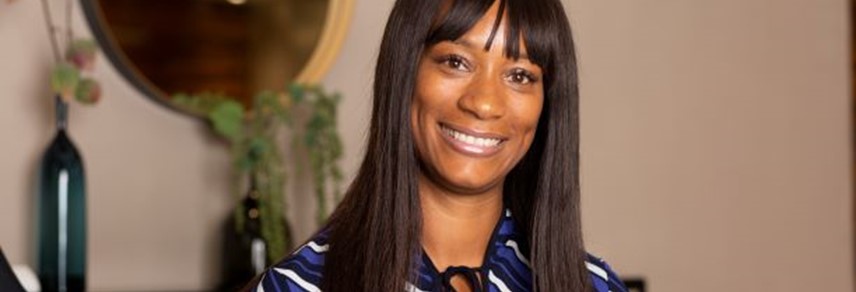
OPINION: A QUESTION OF BALANCE
The over-servicing epidemic highlighted by research published last week by the PRCA and Ginger Research painted a gloomy of PR agency life. Jennifer Thomas argues that both clients and agencies must work together to achieve equilibrium
Recent research suggests that PR agencies are suffering from over-servicing – feeling over-stretched and under paid. I recognise some of the insights coming out of this research, but I think it’s worth considering the client side of the story along with the debate.
Understand the need and beware the desire to dazzle
Achieving cut-through in PR when there is so much content available every second of the day is challenging. It’s often why organisations commission agency resource and allocate budget to an external expert to provide a service that we can’t wholly do in-house. This simple fact often gets forgotten and can lead to a mismatch in expectations, from both parties, right from the outset. Sometimes not enough thought goes into what is needed from the agency, resulting in a poor brief. The agency responds with dazzle and sparkle, often going beyond the basic brief in an effort to win the business. And fees are normally aligned to the basic brief and not the dazzle and sparkle that is presented in the pitch. Both parties need to be negotiating on realistic parameters, including how work will be defined and billed.
Be clear on what’s built into the retainer or project fee
Projects tend to have tighter briefs and then can be more accurately costed. But even when this is the case, things often move and there’s a perception that there’s wriggle room in the budget with the client expecting this to be included. And this is even more prevalent with a retainer model, which often has a broad and undefined scope of work. The agency is considered an extra pair of hands and is expected to be a strong adviser. And by the very nature of the work being broad and undefined, it can vary from very little to round the clock assistance – especially during a crisis. It’s also worth noting that there is an increased requirement for in-house teams to explain the detail of what is included in a retainer and detail how cost benefit will be demonstrated.
Be part of the team, a strong relationship is key
The best relationship I have had with an agency is when they are considered part of my team and we work together as a blended partnership. And like any relationship you have to continually work at it – celebrate the successes, but more importantly take time to review and work through any challenges. The lines of communication have to remain open on both sides. Agencies are full of talented, hard-working real people and they should be treated just as we would treat our own teams if we are to get best out of them.
Define, deliver, review, repeat
Having processes for assessing work and the relationship is critical – through all levels of the team. Get a sense of how things are going, as this will give you the opportunity to pause, reassess and reset. Any issues of over-servicing or under-investing can be addressed and realigned. Discuss what’s possible and affordable and be clear on the outcomes. This may be difficult at times, but it’s essential if the relationship is to thrive and the desired outcomes are to be achieved.
Everyone’s wellbeing matters
We work in a world that is 24/7, 365 days of the year and I believe we all have a duty of care to the people we work with whether that’s in-house or external. The reality is that we’re probably all over-worked, over-stretched and over-servicing. This isn’t unique to agencies. But acknowledging that this is our reality, especially given the nature of PR, means we need processes in place to ensure burnout, decreased productivity and quality doesn’t manifest itself. There will always be times when a client needs out of hours, care and assistance and as much as the agency is working over-time, so is the in-house team – without the ability to bill for their time. We all need downtime and the opportunity to recover. Often difficult and next to impossible to achieve, but I’m putting it out into the universe, hoping that the intent stays front of mind and if we can follow all of the above, then perhaps we may find some sort of balance.
Jennifer Thomas is director of internal communications and experience at Direct Line Group
